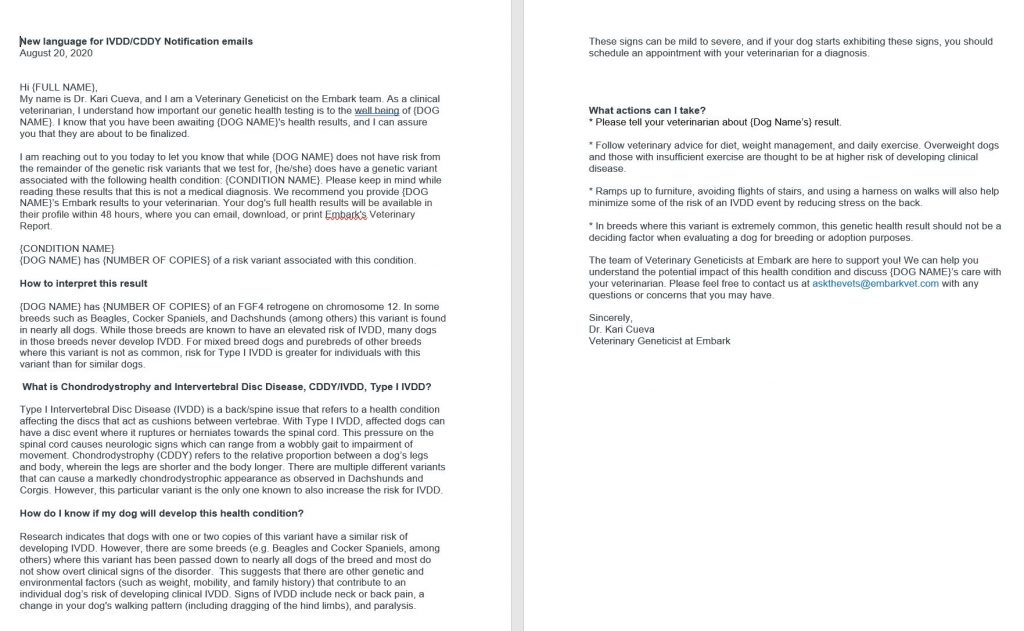Today I’m writing about a topic that makes me want to reach for a blood pressure pill: the annual (over) vaccination of dogs.
Annual vaccination is unnecessary and dangerous for your dog. Despite what we know about the risks, it seems to be what most vets recommend to all dogs.
Experts like leading veterinary immunology researcher Ronald D Schultz PhD proved decades ago that most dogs will be protected for many years – and probably for life by one round of core vaccines as puppies – as long as they are completed about 16 weeks old.
Only Rabies is actually legally required. Parvo is highly recommended as it can be lethal if not treated quickly and effectively.
Dr Schultz reports:
“The patient receives no benefit and may be placed at serious risk when an unnecessary vaccine is given. Few or no scientific studies have demonstrated a need for cats or dogs to be revaccinated.”
The World Small Animal Veterinary Association (WSAVA), the American Animal Hospital Association (AAHA), and the American Veterinary Medical Association (AVMA) have announced publicly that annual vaccination is unnecessary and can be harmful.
But unfortunately, often these studies do nothing to stop vets from vaccinating more often than necessary. Dog owners need to advocate for their dogs and be the ones to say “no” or ask for a TITRE TEST.
A titer test is a simple blood test where they look at the immunity level of your dog’s blood against the virus. If your dog has low immunity, the vaccine is recommended. If they have high immunity then it is not.
Over vaccination has be attributed to auto-immune disorders, allergies, epileptic seizures and neurological issues and cancer.
Please, please advocate for your dog.

